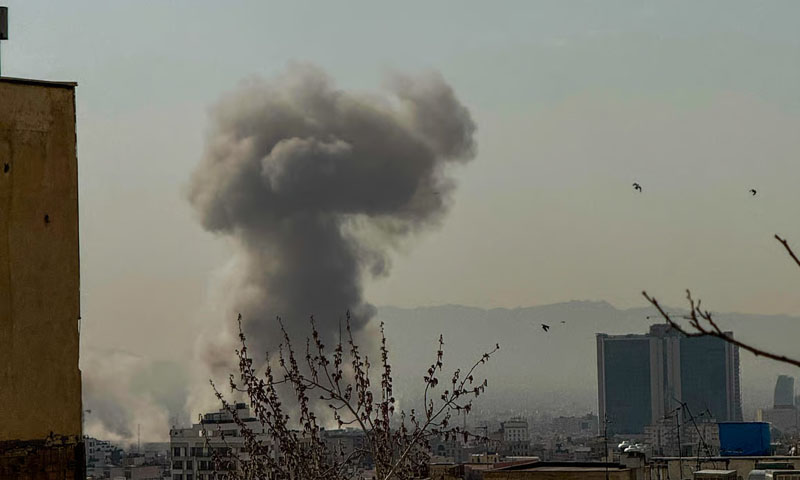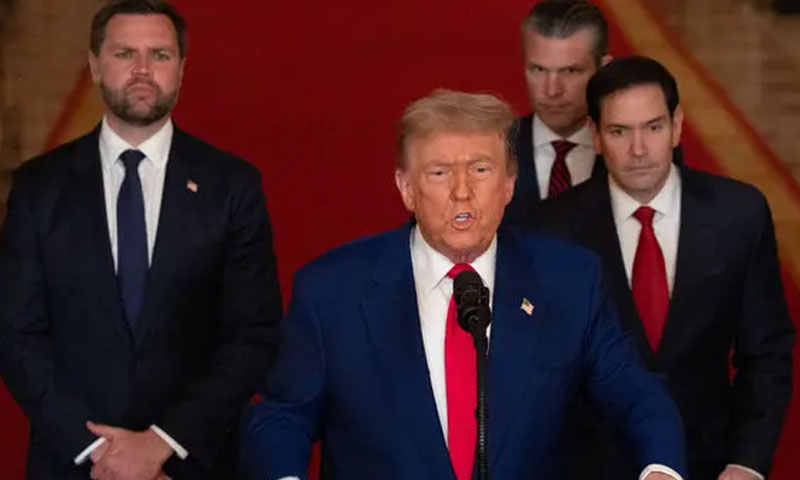- Web Desk
- 43 Minutes ago
IMF Board meets tomorrow
-

- Web Desk
- Jul 11, 2023

ISLAMABAD: The International Monetary Fund (IMF) Executive Board is set to convene on July 12 to discuss a nine-month stand-by arrangement.
This meeting will serve as the final step in solidifying the agreement outlined in the IMF Staff Level Agreement. Subsequently, it will be the government’s responsibility to fulfill the program’s requirements in the days ahead.
The increase in power tariffs is a crucial condition set by the IMF for providing financial assistance to Pakistan. The Fund has been urging the government to raise the tariffs and eliminate power subsidies in order to reduce the country’s fiscal deficit.
The proposed increase, calculated by Nepra, along with an additional 18% GST on bills, could lead to a substantial amount being collected from power consumers starting in July 2023.
According to official sources from the Power Division quoted by The News, the government is planning to collect an additional staggering amount of over Rs3.2 trillion from power consumers, beginning in July 2023. This will be achieved by raising the power base tariff by approximately Rs7 per unit for the fiscal year 2023-24.
Nepra has already held hearings with the distribution companies (Discos) on this matter. However, the price of electricity drawn by K-Electric from the national grid will become more expensive, despite it being a privatized company.
An official in the power sector informed The News that Nepra has not yet submitted its work to the federal government for notification. They further stated that “the increase in base tariff will be nearly Rs7 per unit and will be implemented in one go from July 2023. It will have an impact of over Rs3.2 trillion on power consumers. Last year’s base tariff increase of Rs7.91 per unit had an impact of Rs2.8 trillion, but it was implemented in three parts at intervals.”
If the proposed increase is finalized, the decision would raise the base tariff to Rs31.80 per unit from the current Rs24.80.
The rise in power tariffs will significantly affect consumers in various sectors, including residential, commercial, and industrial. Businesses will need to pass on the cost of higher power bills to consumers, leading to inflation.
While the government acknowledges the impact the increase in power tariffs will have on the people, it asserts that this step is necessary to revive the power sector and the economy.
The government has also pledged to provide targeted subsidies to alleviate the burden on the poor and vulnerable.




